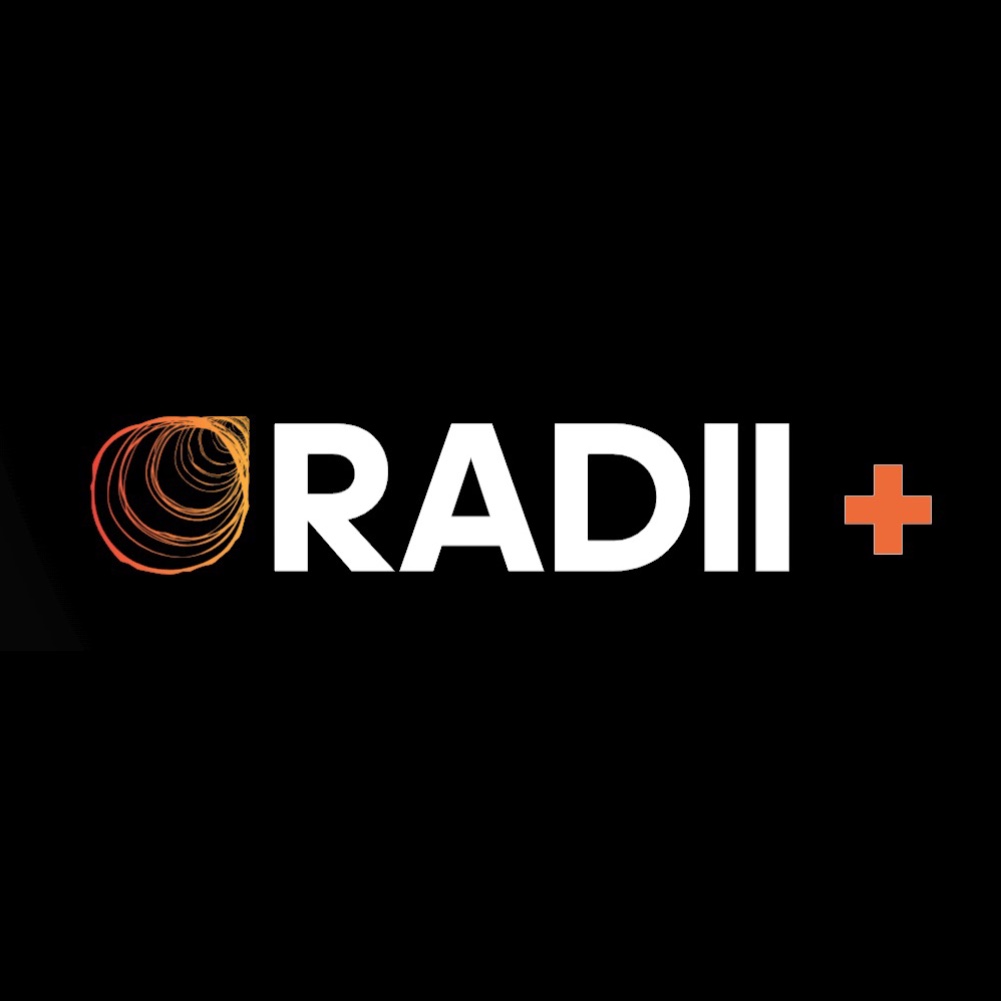Disney and UniversityDisney and Universal have sued Midjourney, an artificial intelligence business, in the upcoming chapter of Big Entertainment vs. Big Tech.
The case concerns tools that let users create images and movies that can change well-known characters at the touch of a button.

Disney Enterprises, Marvel, Lucasfilm, 20th Century, Universal City Studios Productions, and DreamWorks Animation filed the case in U.S. District Court in Los Angeles on Wednesday, calling the David Holz-led generative AI company Midjourney a “bottomless pit of plagiarism.”
The legal attack is the first significant attempt by Hollywood to take aim at digital companies that are attempting to reshape customer behavior with tailored entertainment and information by collecting data online and spewing it out as graphics or text for chatbots. To date, Wall Street has placed large bets that artificial intelligence (AI) will play a significant role in the economy, and AI companies have raised tens of billions of dollars to make that vision a reality.
READ MORE: Disney Will Spend Over $439 Million To Fully Acquire Hulu, A Streaming Service
Significant agreements to license their intellectual property to these digital giants’ tools, which are currently utilized by millions of people, have not yet been signed by big film and television studios. That’s a different approach from the big media firms, who have mostly chosen to accept checks to license content to businesses like OpenAI instead of spending millions on legal battles. (The New York Times is an exception, having already spent more than $10 million fighting OpenAI.)

The Disney and Universal complaint describes how Midjourney’s features make it simple for users to produce image-based works based on their intellectual property, such as Shrek at the beach or Darth Vader. Many people have probably already seen what is widely referred to as “AI Slop” on their social media feeds.
The complaint states that “Midjourney complies by producing and displaying a high quality, downloadable image featuring Disney’s copyrighted Darth Vader character if a Midjourney subscriber submits a simple text prompt requesting an image of the character Darth Vader in a particular setting or performing a particular action.”
READ MORE: Amid A Push For Streaming, Disney Announces Layoffs In Its Entertainment Sector
AI-generated images of Vader, Wall-E, Stormtroopers, characters from How to Train Your Dragon, Minions, Shrek, and many more are provided in the lawsuit as proof of copyright infringement committed by Midjourney. Additionally, it uses a side-by-side comparison to highlight Yoda, a character from Star Wars:
Evidence comparing Midjourney’s work to Disney’s intellectual property was included in the complaint filed by Disney and Universal.
The Hollywood studios further claim that Midjourney’s tools have already consumed copyrighted intellectual property from the internet as training data, which enables it to produce such outputs. The complaint claims that David Holz, the CEO of the AI company, “admitted that to collect the training data, Midjourney ‘pulls off all the data it can, all the text it can, all the images it can.'” Midjourney used tools that were variously described as bots, scrapers, streamrippers, video downloaders, and web crawlers to download content from the internet and other sources.

In order for its tools to provide outputs that let users generate things like customized Yoda, Vader, or Shrek graphics, the studios further assert that Midjourney “cleaned” and transformed digital files of protected intellectual property to utilize in its training data. “Midjourney produces an additional copy of the character that it publicly displays and/or distributes through downloads whenever a subscriber inputs a prompt for an image of Spider-Man, Minions, Iron Man, or any of Plaintiffs’ innumerable copyrighted characters,” the complaint states.
A complaint exhibit that compares the Midjourney output and the studio’s original use of Shrek (Universal) side by side.
The lawsuit focuses on the fact that, in addition to permitting the production of these works based on copyrighted characters from Disney and Universal, the AI company also displays them in its website’s “Explore” section. The studios claim that this indicates that Midjourney is fully aware of the functionality of its product and is profiting from the plagiarism.
READ MORE: A New Teaser Trailer For Disney Animation’s ‘Zootopia 2’ Has Been Released
According to the complaint, “Midjourney’s publication and curation of infringing images on the Explore page demonstrate that Midjourney is aware that Plaintiffs’ Copyrighted Works are frequently reproduced on its platform and that the Explore page is designed to promote Midjourney’s capacity to infringe the Copyrighted Works.”
Furthermore, according to the complaint, Midjourney has the means to stop outputs that violate intellectual property rights, but it decides not to employ them. The studios contend that “Midjourney has the ability to control generative outputs through easily accessible technical protection measures.” “Midjourney has consciously decided not to use copyright protection measures to limit the infringement, even though they have the ability to do so.”

In a forcefully worded statement that accompanied the case, Disney’s senior legal officer put it simply: “Piracy is piracy.”
Disney general counsel Horacio Gutierrez said, “Decades of financial investment, creativity, and innovation are the foundation of our world-class IP — investments made possible only by the incentives embodied in copyright law that give creators the exclusive right to profit from their works.” We believe that AI technology has a lot to offer and that it can be ethically applied as a tool to enhance human creativity. However, piracy is still piracy, regardless of whether it is carried out by an AI business.
By using that wording, the Motion Picture Association, the studios’ lobbying body, frames the battle against Midjourney in terms that are familiar to them and emphasizes their efforts to combat piracy. Despite the fact that customers are increasingly turning to AI-powered solutions, the MPA has so far mostly targeted websites that display illegal films and TV series rather than AI companies. Regarding the lawsuit, MPA chief Charles Rivkin stated, “Our industry is built on strong copyright protection. To keep America at the forefront of the creative industries worldwide, a balanced approach to AI that upholds intellectual property rights and encourages ethical, human-centered innovation is essential.Ersal File a lawsuit against AI and sue Midjourney for copyright claims
Step into the ultimate entertainment experience with Radii+ ! Movies, TV series, exclusive interviews, live events, music, and more—stream anytime, anywhere. Download now on various devices including iPhone, Android, smart TVs, Apple TV, Fire Stick, and more!


